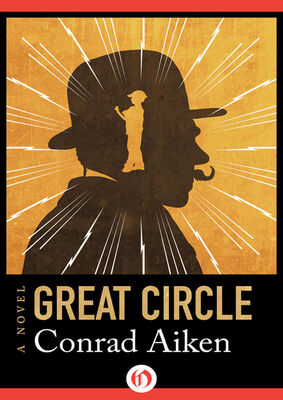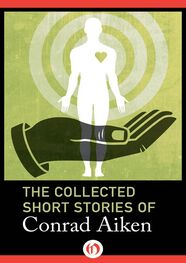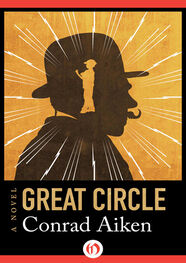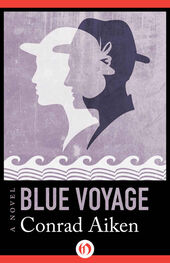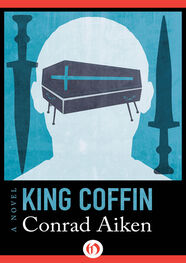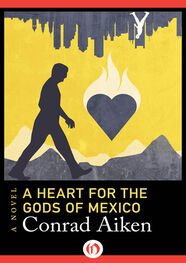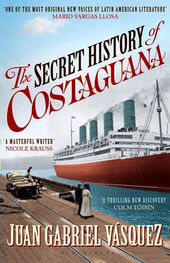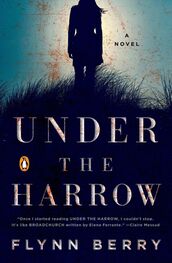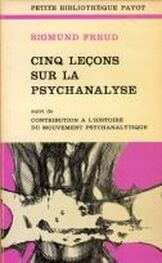— Not necessarily.
— What I really came for was to say that I thought time —that I thought we ought to take plenty of time —
— Do you think we need any more?
— It sounds weak of me, but I don’t know.
— Do you mean—
— What do you mean!
He stopped, and turned her toward him with his hand, and looked hard at her eyes. The look of defiance had gone, the look of defeat remained. She withdrew her arm from his hand, gently, and resumed the walk, and for a moment they listened in silence to the queer muffled and abortive sounds of the music, walking slowly, both their faces downcast.
— You ought to know. But do you want me to say it first.
— No, Berty. No. No.
— Well, then—
— I think I’ll go away for a few days, if you don’t mind — just to think it over quietly — by myself — I don’t mean anything invidious by it—
— Where are you going.
— To Duxbury. It’s absurd, but I’ve got a queer desire to go there. Not so queer either. It’s all plain enough — I just want to go there.
— Andy—
— What.
— Take me with you. Let me come with you.
— No, Berty, I think it would be better not.
— Please.
— No, really, Berty, if you don’t mind—
— Please.
— No.
There was a strained pause, they faced each other, she had tried to smile.
— And now I think I’ll go — I think it’s better if we don’t talk about it too much yet — will it be all right if I leave you here — I suppose you can’t get into the theater again, until the intermission. But if I’m going to drive down, I ought to be starting—
— Of course, Andy. Run along. I’ll sit on the top steps and listen to it through the door.
— All right. If you’re sure you don’t mind.… Good night.
— Good night.
He turned as he went out, and caught a last glimpse of her climbing the stairs, lifting her frock at the knees. Poor Berty — or was it poor Andy? It had stopped raining. He skirted the edge of the College Yard, crossed Massachusetts Avenue, and in the Church Street garage asked for Bill’s car, producing Bill’s note and the key.
— I’m a friend of his.
— Yes, sir. I guess it’s all right. Can you say what kind of a car it is.
— Dodge coupé.
— O. K. I’ll bring her down for you.
So it was all coming out like this — all queerly ending like this — with a humble little anticlimax like this. And what would happen now! Impossible to say. It must be thought of, felt of. And with Tom still there, but now a little farther off—
— Thank you. How is she for oil and gas.
— All set.
— Thanks.
He drove slowly up Church Street, and into Brattle, as if to go to Shepard Hall; but then, suddenly he decided against it. Why go there at all? Why not start at once; merely stopping at the Club for his bag? Yes.…
Turning, he swung the car through Brattle Square, down to the river and across the little arched bridge, and then accelerated as he entered the wide new boulevard. So it was all like this. Bertha was like that. He himself was like — what? A queer confusion, a queer relief, a queer delight. In two hours he would be in Duxbury, would pass the dark rain-soaked railway station, the library, the flagpole. Find a hotel. And in the morning, at sunrise — how absurd it was — he would drive down to the Point, and cross the long bridge, over the rattling boards, and, see the beach again — or even walk to the Gurnett — unless, as was more than likely, he decided to sleep.
For already, to all intents, he had revisited that scene, in this week of so much revisiting — he knew it, every coarse or delicate detail of it — the matted waves of dried seaweed which were wet underneath, the caked salt on the pebbles, the shells, the bleached bones of fishes — the little piles of charred stones, too, on which were written the histories of clambakes — what more, now, could these things say to him? Or say usefully? But it would be good to touch earth. It would be good to touch, for the last time, that agony, and to exorcise it — to drown in it derisively, savagely, or even, at last, indifferently. No, not indifferently — at last with acceptance; as one accepts such simple things as daybreak. Such simple and shattering things as daybreak. The strange and exciting mixture of astonishment and suffering with which — at a moment of discovery — one loses oneself in order to create oneself! The end that is still conscious of its beginnings. Birth that remembers death.
He watched the swarms of raindrops coming toward the headlamps, arriving and mysteriously vanishing, the continuous vanishing swarm, and suddenly, with a sense of power, he pressed his foot on the accelerator, and laughed. Life was good — life was going to be good. Unexplored, unfathomable, marvelous and terrible. Filthy, and incalculable. Cruel, and inexhaustible. Like this unceasing swarm of bright raindrops, like the waves breaking on the beach at the Gurnett, innumerable as the atoms in the brain. The wonderful nightmare, the wonderful and acceptable nightmare! When I slap on the kalsomine I think about those gals o’ mine. I’m only a Spanish grammar, but my heart is pure as mud.
Conrad Aiken (1889–1973) was an American poet, novelist, and short story author, and one of the most acclaimed writers of the twentieth century. His numerous honors include the Pulitzer Prize for Poetry, the National Book Award for Poetry, the Bollingen Prize, and the American Academy of Arts and Letters Gold Medal. Born in Savannah, Georgia, Aiken was orphaned at a young age and was raised by his great-great-aunt in Massachusetts. He attended Harvard University with T. S. Eliot and was a contributing editor to the influential literary journal the Dial , where he befriended Ezra Pound.
Aiken published more than fifty works of poetry, fiction, and criticism, including the novels Blue Voyage, Great Circle, King Coffin, A Heart for the Gods of Mexico , and Conversation , and the widely anthologized short stories “Silent Snow, Secret Snow” and “Mr. Arcularis.” He played a key role in establishing Emily Dickinson’s status as a major American poet, mentored a young Malcolm Lowry, and served as the US poet laureate from 1950 to 1952. Aiken returned to Savannah eleven years before his death; the epitaph on his tombstone in Bonaventure Cemetery reads: Cosmos Mariner, Destination Unknown .
